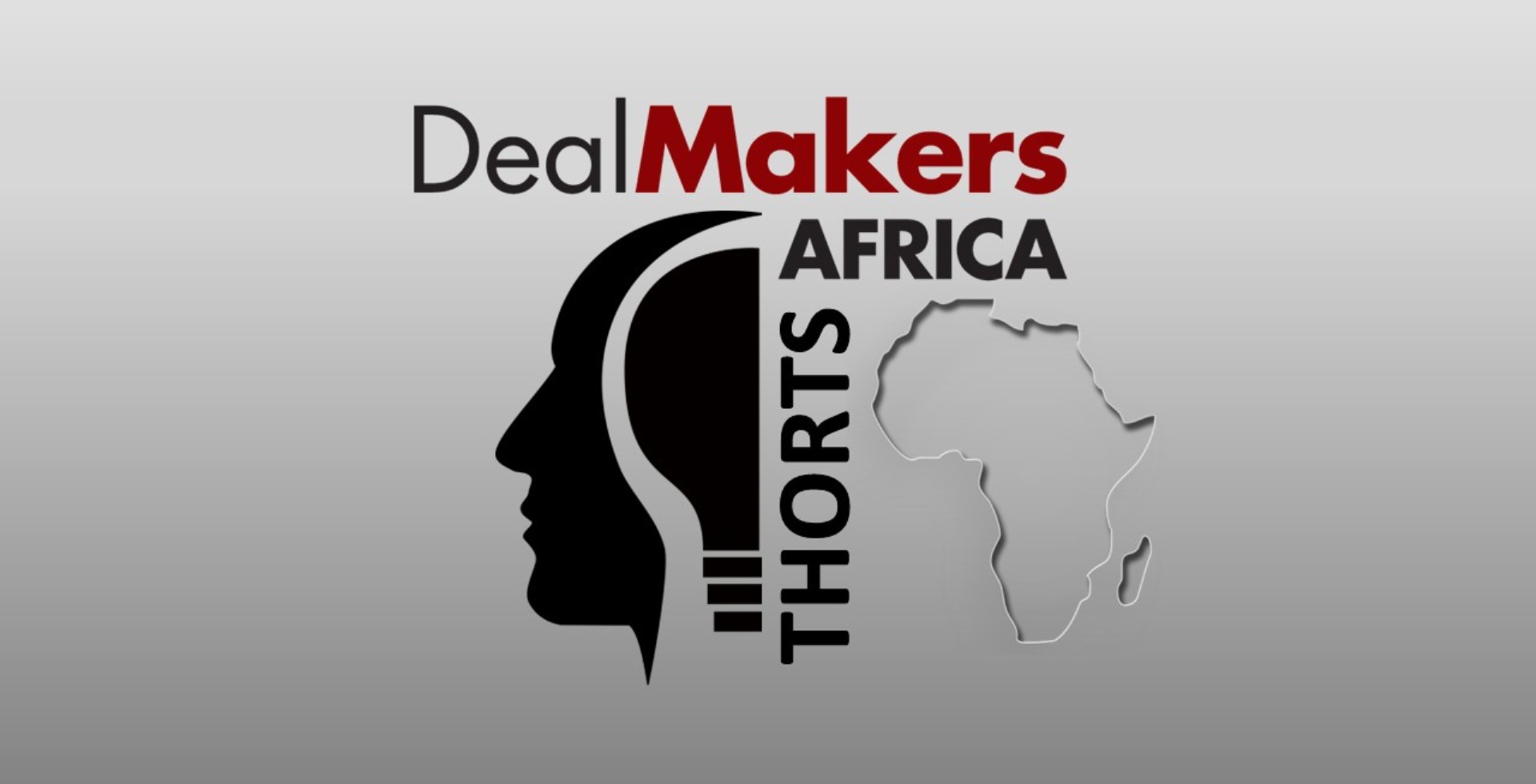Despite a challenging macro-environment, foreign direct investment (FDI) in Southern Africa increased nearly ten-fold in 2021, to US$42 billion. FDI growth extended across the continent with West and East Africa, for instance, experiencing increases in 2021 of 48% and 35% respectively1. While the FDI landscape in 2022 is not quite as rosy as that of the previous year, positive trends nevertheless persist.
INVESTMENT IN TRADITIONAL ENERGY SECTORS
Much of the FDI into Africa is driven by an increasing demand for energy, both within Africa and outside the continent. From oil and gas to large-scale renewables, the energy industry was responsible for billions of dollars in capital deployed over the last 12 months.
Looking ahead, interest in African oil and gas will continue as prices and demand remain high. Exploration activity off South Africa2 and Namibia3 is expected to increase in the next 18 to 24 months, as companies weave through approval processes. Downstream, a liquefied natural gas project in Palma, Mozambique is being pursued, with new refinery capacity also being proposed in South Africa.
RENEWABLES SHINE AND INVESTORS ARE HEEDING THE CALL
Despite extensive carbon reserves, reliable access to electricity remains a critical problem across much of Africa, impacting livelihoods and the prospect for economic growth. According to the International Energy Agency’s Africa Energy Outlook 2022 (Outlook 2022)4, Africa will need investment of $25 billion annually just to meet current demand, while five times that investment in renewable energy solutions will be required over time to achieve Africa’s climate goals.
In 2021, there was an increase in the number of international projects in African renewables. Yet, much of the funding is concentrated among export projects in North Africa, delivering energy not to Africans, but to consumers in the Middle East and Europe. This includes a $20 billion project to supply wind and solar energy from Morocco to the UK via the world’s longest sub-sea power transmission cable.
Consequently, there remains untapped demand for renewable energy projects in the rest of Africa. According to Outlook 2022, Africa is home to 60% of the best solar resources globally, but only 1% of installed capacity. There have been recent solar installations increasing capacity across the continent, led by South Africa, the Democratic Republic of Congo (DRC), and Botswana; however, to meet the increasing demand, scalability and replication are needed.
TECH EXPANSION FUELLED BY GROWTH IN MERGERS AND ACQUISITIONS
A more recent trend in African investment across several sectors is an increase in mergers and acquisitions5. While the move is not surprising, what turns heads is the boldness of African-owned corporates in this space. Deals this year included, inter alia, the acquisition of Nona Digital by Yoco South Africa, solidifying the company’s position as a fintech leader in Southern Africa, as well as the cross-border acquisition of Ghana’s GreenLion by Nigeria’s Trade Depot, furthering consolidation in the business-to-business commerce space in West Africa.
Such acquisitions are fuelled by a wave of venture capital. As a result, growth and innovation are spreading beyond key tech hubs such as Cape Town, Nairobi, and Accra, into less established markets.
As African corporates are flexing their muscle, so too are Africa’s venture capitalists. Leading investors – from the American powerhouse, JP Morgan to start-up darling, Y-Combinator – are now joined by home-grown VCs, including AlphaWave in South Africa and 4DX Ventures in Ghana. These organisations are shifting the dynamic of ownership and expansion on the continent.
The use of African capital to fuel mergers and acquisitions is also causing ripples in the renewables sector. One example is the recently proposed merger of Nigeria’s Starsight Energy and South Africa’s SolarAfrica, two of the continent’s largest renewable power developers. If approved by regulators, the deal would create a combined portfolio of over 220MW in operated and signed generation capacity, and 40MWh of battery storage, with an additional pipeline of more than 1GW.
Both the energy and tech sectors remain ones to watch in 2022 and 2023. According to James Zhan, Director of Investment and Enterprise at the United Nations Conference on Trade and Development (UNCTAD), (“the African continent has great potential to attract international investment in the green and blue economies, as well as infrastructure. A challenge is to improve the investment climate and strengthen Africa’s capacity to absorb sustainable investment”6).
HITTING THE RIGHT MARK
Increasingly, investors wish to place their money in ‘Africa’, rather than in any one single market. This strategy is contingent on having advisors who understand the continent and, more importantly, the pitfalls and opportunities that come with it.
Put simply, investors require a partner with the necessary expertise and networks for them to thrive.
1) https://unctad.org/news/investment-flows-africa-reached-record-83-billion-2021#:~:text=FDI%20to%20Southern%20Africa%20increased,the%20third%20quarter%20of%202021
2) https://businesstech.co.za/news/energy/607364/major-oil-exploration-planned-off-south-africas-coast/
3) https://www.news24.com/fin24/companies/namibia-oil-discovery-could-be-a-giant-says-totalenergies-ceo-20220928
4) https://www.iea.org/reports/africa-energy-outlook-2022
5) https://www.brookings.edu/blog/africa-in-focus/2021/04/07/figure-of-the-week-trends-in-mergers-and-acquisitions-in-africa/
6) https://unctad.org/news/investment-flows-africa-reached-record-83-billion-2021
Khaya Hlophe-Kunene is Co-Head Valuations | PSG Capital

This article first appeared in DealMakers AFRICA, the continent’s quarterly M&A publication.
DealMakers AFRICA is a quarterly M&A publication
www.dealmakersafrica.com



